
Post by: Zayd Kamal
In the world of oil and gas, few events resonate as profoundly as the moment a country decides to adjust its fuel prices. In the UAE, one such pivotal moment occurred nearly two decades ago when petrol prices were hiked to Dh1.50. This increase not only marked a significant shift in the nation’s economic landscape but also reflected broader trends in the global energy market. Let’s delve into the implications of this price hike, its historical context, and how it shaped the UAE’s fuel pricing policies.
To truly appreciate the impact of the Dh1.50 petrol price hike, we need to consider the economic backdrop of the UAE in the early 2000s. At that time, the country was experiencing rapid growth driven by oil revenues, but the global oil market was also undergoing changes that would soon influence domestic pricing.
Before this increase, fuel prices in the UAE had remained relatively stable, contributing to the country’s reputation for having some of the lowest petrol prices in the world. The rise to Dh1.50 was not merely a domestic decision; it was influenced by fluctuating oil prices on the international market, which were starting to climb due to growing demand from emerging economies.
The decision to hike petrol prices to Dh1.50 was made amidst rising global oil prices, which were approaching record highs. For the UAE, one of the largest oil producers globally, this move was aimed at aligning local prices with international market trends. The government’s rationale was clear: maintain sustainable economic growth while ensuring that its citizens were not overly burdened by the cost of fuel.
While the increase was met with some public dissent, it was essential for the government to consider the long-term implications of continued subsidized fuel prices. By raising petrol prices to Dh1.50, the UAE aimed to reduce dependency on oil revenues and encourage diversification of its economy.

Public reaction to the petrol price hike was mixed. Many residents had grown accustomed to low fuel prices and were initially resistant to any changes. Concerns about the potential impact on the cost of living were widespread, as fuel prices directly affect transportation costs, which, in turn, influence the prices of goods and services.
However, as time passed, immediate concerns subsided. The increase in petrol prices led to a more balanced approach to fuel consumption. Residents began adopting more fuel-efficient vehicles and exploring alternative transportation methods, contributing to a gradual shift in consumer behavior.
From an economic perspective, adjusting petrol prices to Dh1.50 helped the UAE stabilize its budget. The government could allocate more resources to infrastructure development, healthcare, and education, fostering growth in sectors beyond oil.
Since the initial hike to Dh1.50, the UAE has seen several changes in its fuel pricing policies. In 2015, the government implemented a new pricing mechanism that allowed petrol prices to be adjusted monthly based on global oil prices. This move aimed to further reduce subsidies and encourage a more market-driven approach to fuel pricing.
The introduction of this dynamic pricing system was met with skepticism initially, but it ultimately provided greater transparency and stability in the market. Consumers began to understand the correlation between global oil prices and local fuel costs, fostering a sense of awareness about energy consumption and its economic implications.

As of today, petrol prices in the UAE have seen fluctuations reflecting changes in the global oil market. The current pricing mechanism allows for a more responsive approach, with monthly adjustments mirroring market conditions. This system has resulted in petrol prices rising and falling in accordance with global trends, helping the UAE maintain a more balanced economic model.
The rise to Dh1.50 nearly two decades ago can be seen as a catalyst for this evolution in fuel pricing policies. It encouraged the government to adopt a more sustainable approach, ensuring that the UAE could navigate the complexities of the global oil market without overly burdening its citizens.
As the world moves towards renewable energy and sustainability, the UAE is also exploring new avenues for energy consumption. The government has invested heavily in renewable energy projects, aiming to diversify its energy portfolio and reduce dependence on fossil fuels. The lessons learned from the initial petrol price hike to Dh1.50 have laid the groundwork for these initiatives.
In the coming years, as global energy dynamics continue to evolve, the UAE will likely face new challenges and opportunities in its fuel pricing strategies. The focus will remain on balancing economic growth with sustainability, ensuring that the nation can thrive in a rapidly changing world.
This article discusses the pivotal moment when the UAE hiked petrol prices to Dh1.50 nearly two decades ago. This significant price increase was influenced by global oil market changes and aimed to align local prices with international trends. The decision to raise petrol prices to Dh1.50 was made to ensure sustainable economic growth while reducing dependence on oil revenues. Although the public initially reacted with mixed feelings, over time, residents adapted by using more fuel-efficient vehicles and changing their consumption habits. This shift helped stabilize the economy and allowed the government to invest in critical sectors like healthcare and education. Since the Dh1.50 price hike, the UAE has evolved its fuel pricing policies, implementing a dynamic system that adjusts petrol prices monthly based on global oil trends. As the country moves toward renewable energy, the lessons learned from the Dh1.50 increase will help shape future fuel pricing strategies, balancing economic growth with sustainability.
DXB News Network wants readers to understand that the information presented in this article is intended for educational purposes only. While we strive to provide accurate and up-to-date information about when the UAE hiked petrol prices to Dh1.50, readers are encouraged to verify details with reliable sources. The context around fuel prices can change rapidly, and it’s important to stay informed. This article is written in simple English for easy understanding by children and young readers.
The decision to raise petrol prices to Dh1.50 was influenced by rising global oil prices and aimed at aligning local prices with international market trends. The UAE sought to maintain sustainable economic growth while reducing dependency on oil revenues.
The public reaction was mixed. Many residents, accustomed to low fuel prices, were initially resistant to the increase. Concerns about the potential impact on the cost of living and transportation costs were widespread, but over time, these concerns subsided as consumers adapted to the changes.
The adjustment in petrol prices helped stabilize the UAE’s budget, allowing the government to allocate more resources to infrastructure development, healthcare, and education. It also encouraged residents to adopt more fuel-efficient vehicles and explore alternative transportation options.
Since the initial hike, the UAE has seen several changes in its fuel pricing policies. In 2015, the government implemented a dynamic pricing mechanism that allows monthly adjustments based on global oil prices, promoting transparency and a market-driven approach.
The current pricing mechanism allows petrol prices in the UAE to fluctuate monthly based on changes in the global oil market. This approach ensures that local prices reflect international trends, helping to maintain a balanced economic model.
UAE petrol prices, Dh1.50 petrol price hike, impact of fuel price increase, UAE fuel pricing policies, history of fuel prices in UAE, oil market trends, economic implications of petrol prices, public reaction to fuel price hike, UAE oil revenue, fuel subsidy reduction, dynamic pricing mechanism, sustainable energy in UAE, renewable energy investments, consumer behavior towards fuel, UAE economic growth and diversification, transportation costs and inflation, global oil prices, UAE government policies on fuel, future of fuel pricing in UAE, petrol price adjustments.
#trending #latest #UAE #PetrolPrices #FuelPriceHike #EconomicGrowth #EnergyMarket #OilAndGas #Sustainability #RenewableEnergy #UAEHistory #FuelPricing #ConsumerBehavior #GlobalOilMarket #EconomicPolicy #InfrastructureDevelopment #PetrolPriceTrends #UAEEconomy #breakingnews #worldnews #headlines #topstories #globalUpdate #dxbnewsnetwork #dxbnews #dxbdnn #dxbnewsnetworkdnn #bestnewschanneldubai #bestnewschannelUAE #bestnewschannelabudhabi #bestnewschannelajman #bestnewschannelofdubai #popularnewschanneldubai

A Lashkar-e-Taiba terrorist was killed and 2 soldiers injured in an ongoing encounter in Bandipora, Jammu & Kashmir, after the Pahalgam attack....Read More.
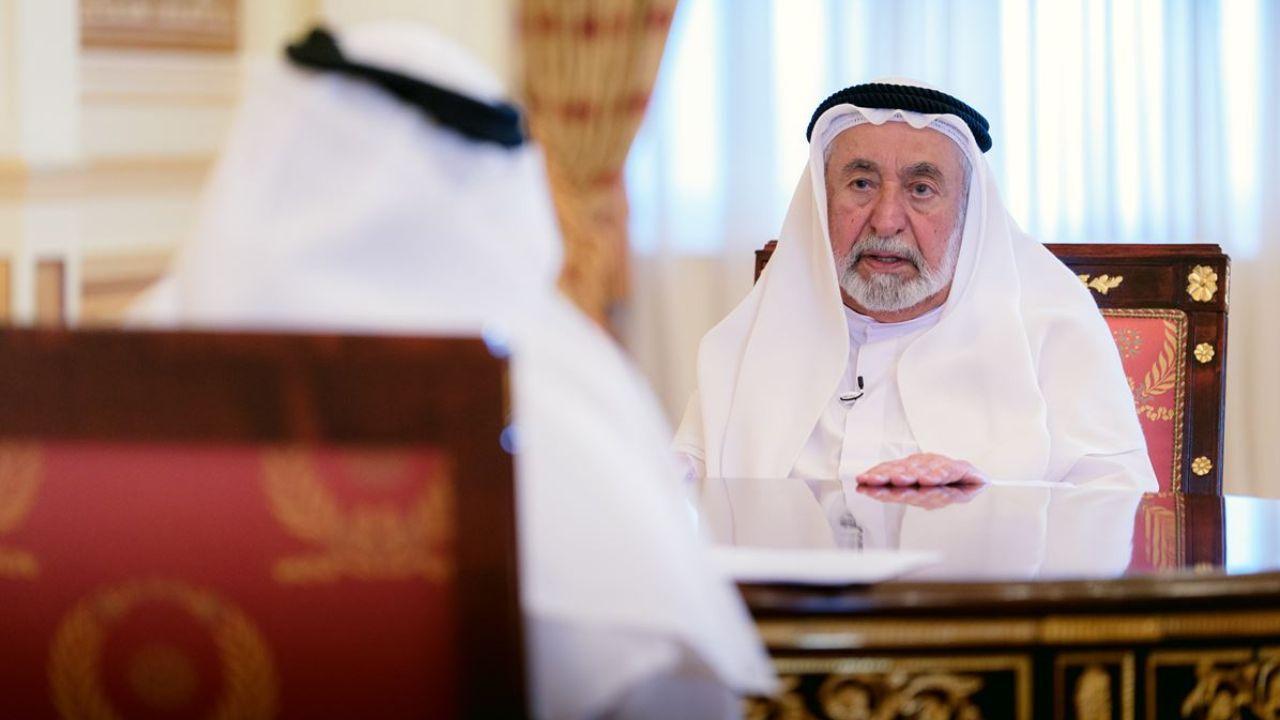
His Highness Sheikh Dr Sultan bin Mohammed Al Qasimi talks about Oman’s history and his book on Portuguese events in the Sea of Oman, with valuable insights....Read More.

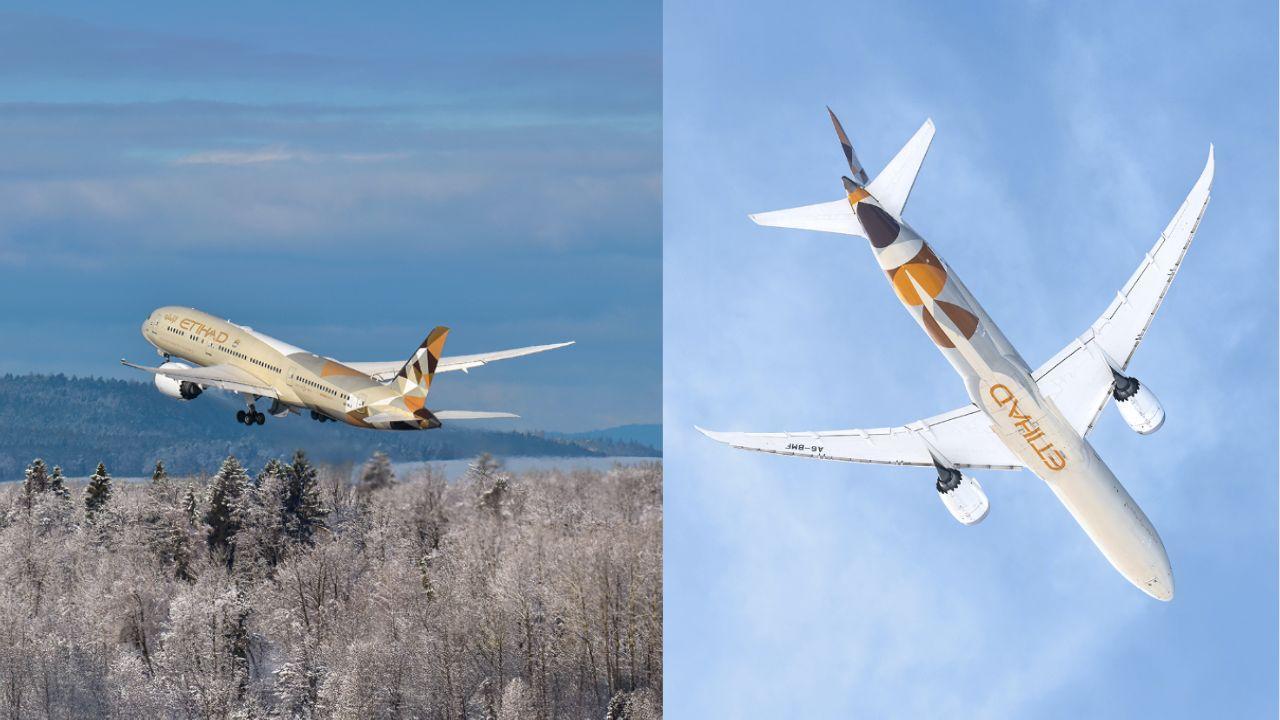
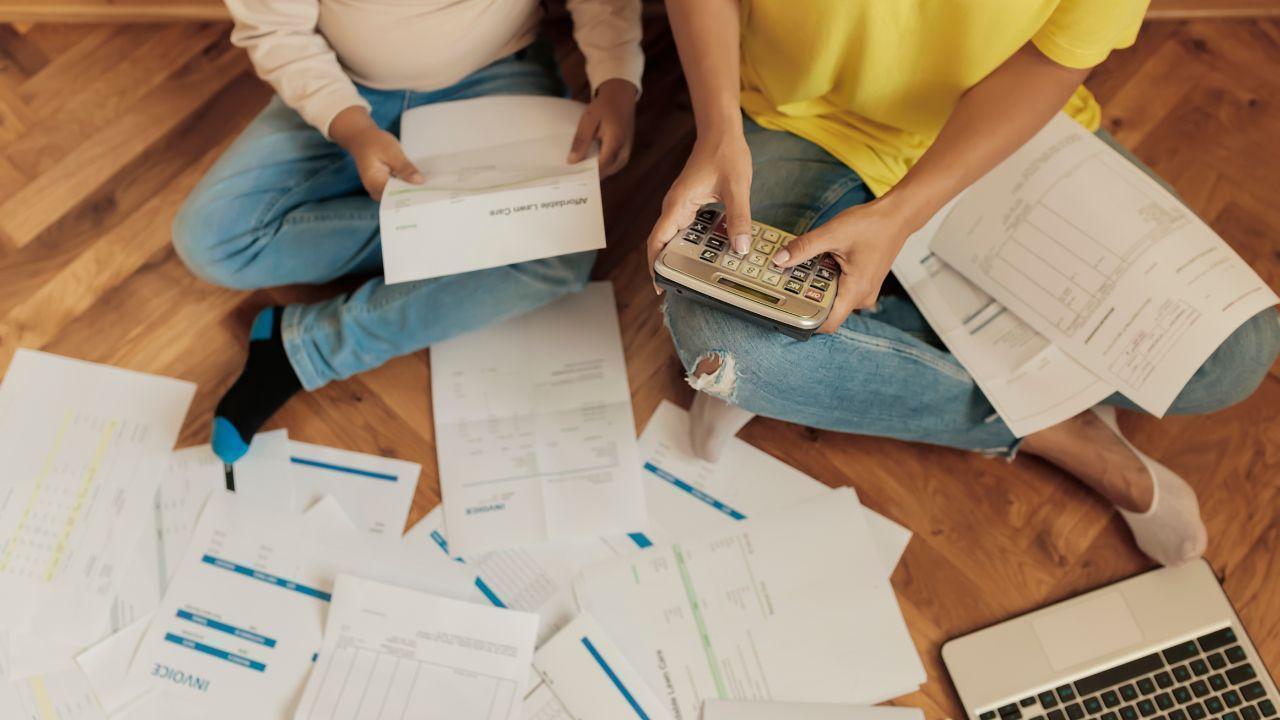


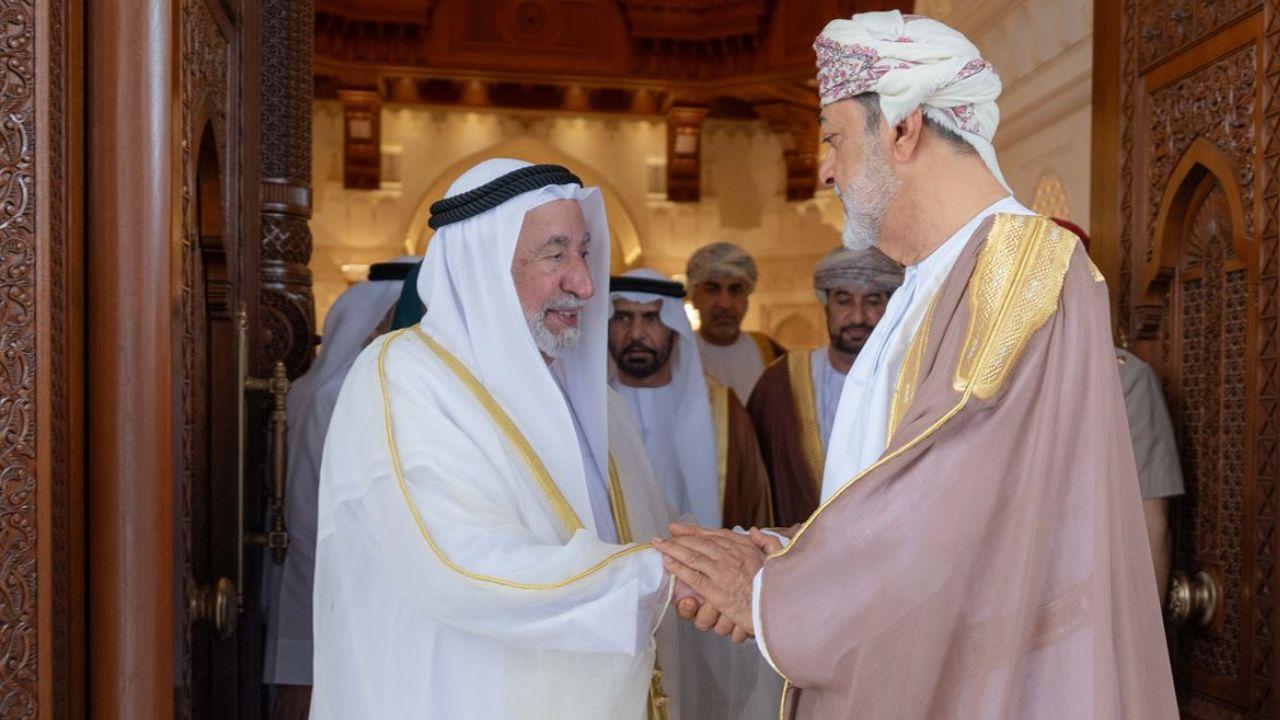
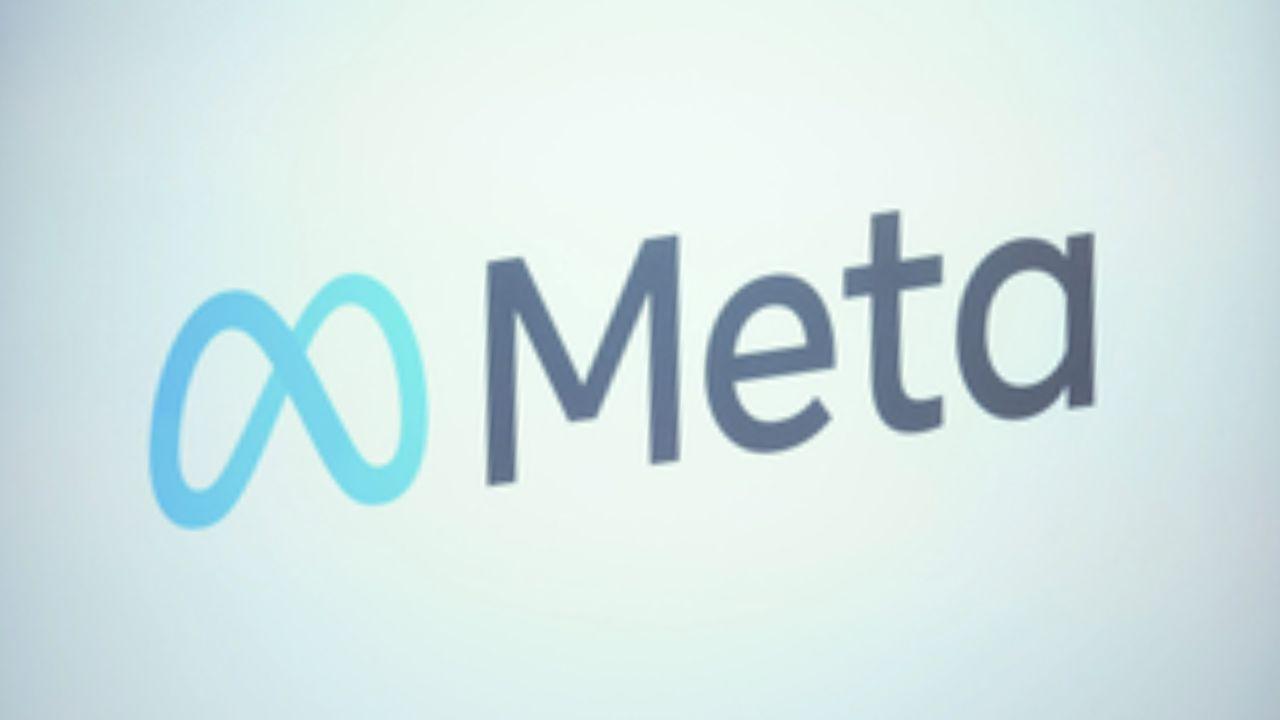







Lashkar Terrorist Killed, 2 Soldiers Injured in Bandipora Encounter
A Lashkar-e-Taiba terrorist was killed and 2 soldiers injured in an ongoing encounter in Bandipora,

Now You See Me: Now You Don’t Film in Abu Dhabi with Stars
"Lionsgate’s 'Now You See Me: Now You Don’t' films iconic Abu Dhabi locations with stars like Jesse

Chinese Astronauts To Launch For Space Station
China’s Shenzhou-20 mission launches 3 astronauts to its space station. Crew to stay 6 months doing

Arsenal Draws 2-2 With Crystal Palace, Liverpool One Point Away
Arsenal's 2-2 draw with Crystal Palace leaves Liverpool one point away from winning the Premier Leag

Abu Dhabi to host global One Run race on May 24, 2025
Abu Dhabi will hold the One Run on Hudayriyat Island with races for all ages. Runners from 30+ count